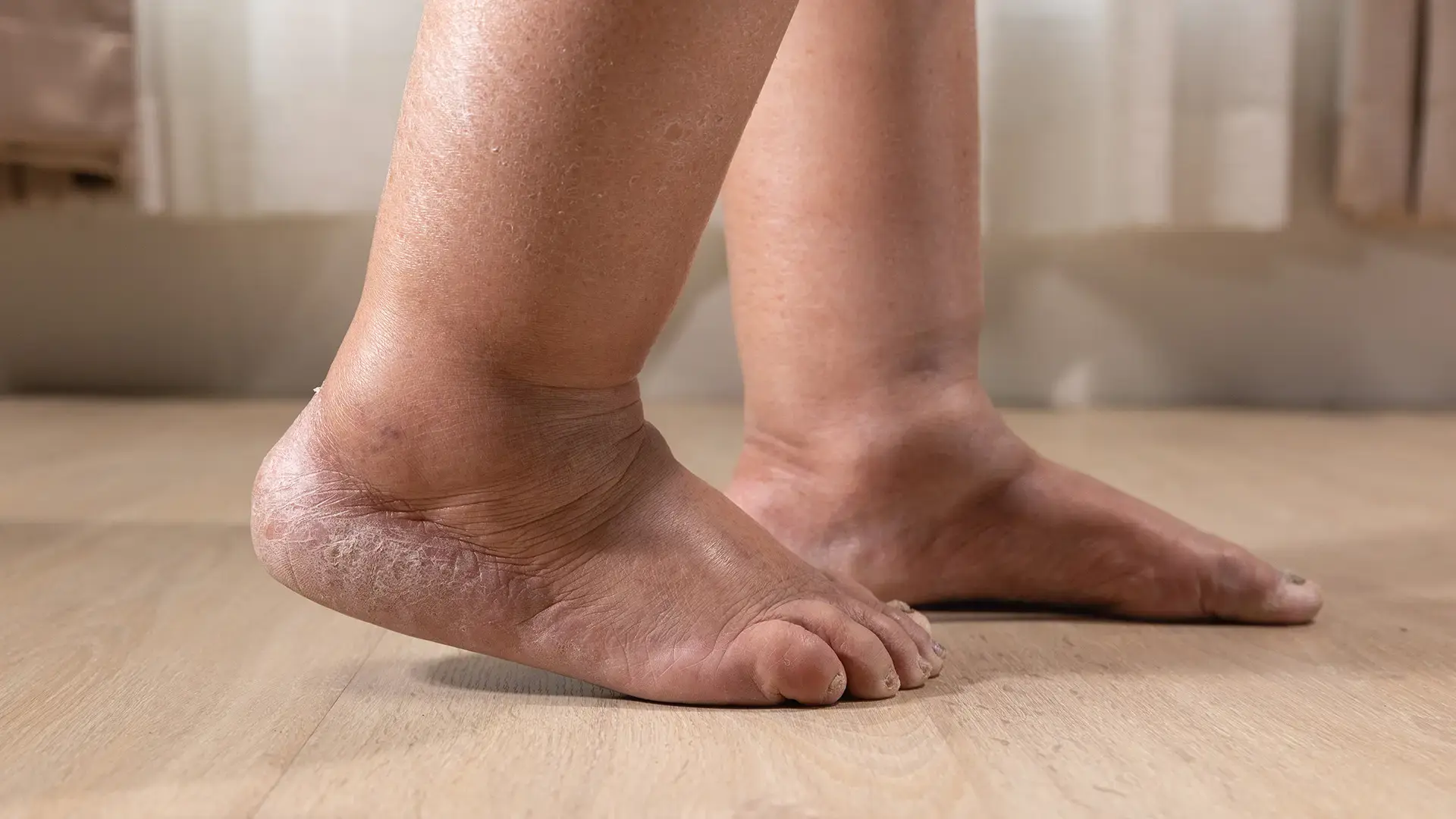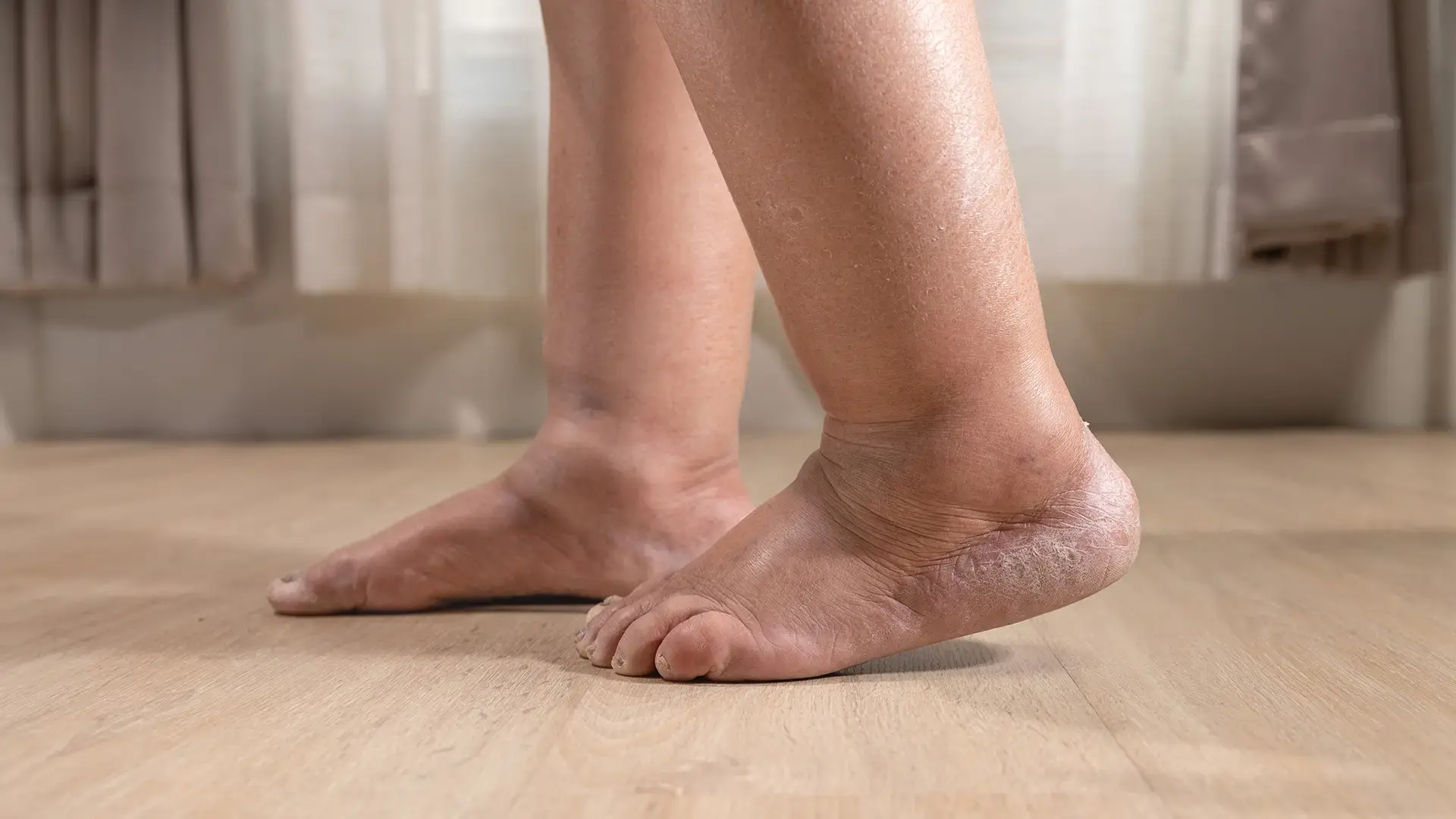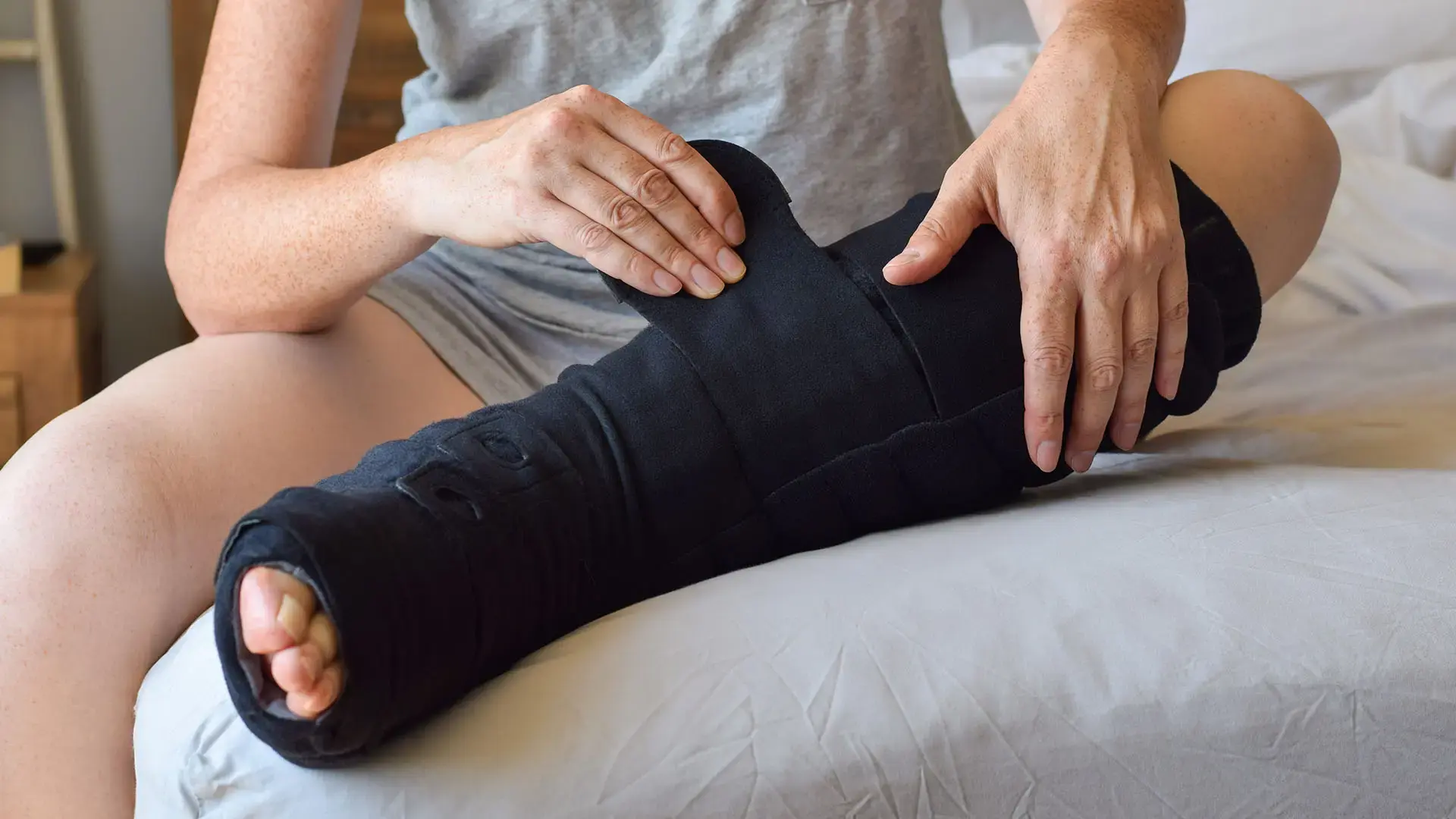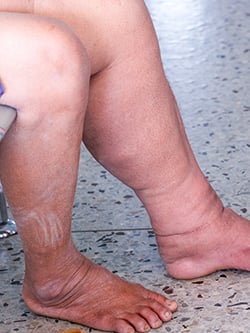The Risk of Lymphedema After Skin Cancer Treatment
May is Skin Cancer Awareness Month, a time to raise awareness about skin cancer and encourage practicing “safe sun” to reduce your risk of developing the disease. Did you know that skin cancer is the most common form of cancer in the US? One in five Americans will develop skin cancer over the course of their lifetime. With summer right around the corner, it is crucial to begin incorporating measures for sun protection into your daily life. These preventative measures might include seeking shade, wearing protective clothing, and using a broad-spectrum, water-resistant sunscreen.
Skin Cancer Types
Skin cancer is one of the most preventable and treatable cancers when diagnosed early. Basal and squamous cell carcinomas are the most common types of skin cancer. Early diagnosis and treatment can prevent them from invading the surrounding tissues. Melanoma is the least common type of skin cancer but the most aggressive. Early diagnosis and treatment of melanoma are crucial.
Skin Cancer Treatment
There are various forms of treatment for skin cancer. Depending on the type of cancer and size, treatment may include prescription creams, topical medication, radiation, chemotherapy, and/or surgery. Surgery is a common treatment for skin cancer, and most procedures can be done using a local anesthetic with minimal discomfort.
More aggressive skin cancers, such as melanoma, may require more extensive surgical procedures. Lymph nodes may be sampled at the time of melanoma removal in certain situations. This may include the removal of one or many nodes. This can lead to lymphedema in 1-20% of patients.
Lymphedema after Melanoma Treatment
The lymphatic system drains lymphatic fluid from the limbs. When lymph nodes are damaged or removed, there may be an abnormal accumulation of fluid, resulting in limb swelling, known as lymphedema. Lymphedema can be debilitating, making it difficult for patients to complete everyday activities. Patients with lymphedema are also at an increased risk of infection. While lymph node dissection or sentinel lymph node biopsy may sometimes be necessary for the treatment of melanoma, it is important for patients to discuss the potential associated risks with their doctor before undergoing one of these procedures.
Anna’s Story
Unfortunately, many patients are unaware of their risk of developing lymphedema after a lymph node dissection or lymph node biopsy for the treatment of skin cancer. This was the case for Anna, a patient of Dr. Russell Ashinoff.
Anna was diagnosed with melanoma on her leg at a young age. Before being diagnosed with skin cancer, she admitted that she would go indoor tanning, a ritual that seemed innocent enough at the time. Although her surgery to remove the melanoma was successful, she began struggling with unusual swelling in her right leg, which began years after the surgery. “My leg felt heavy,” Anna recounts, “my foot was three times the size.” Anna later discovered that she was suffering from lymphedema. Luckily, Anna met Dr. Ashinoff at The Institute for Advanced Reconstruction, who successfully performed a state-of-the-art lymphedema surgery, relieving Anna of both physical and emotional distress.
Reduce Your Risk of Skin Cancer
It is important to practice safe sun throughout the year, especially during the summer months when there are more opportunities to be outdoors. According to The American Academy of Dermatology, there are three simple steps that you should follow to protect your skin from the sun, reducing your risk of skin cancer.
- Seek Shade
- Dress to Protect Yourself from the Sun (e.g., hats, pants, sunglasses)
- Apply a Broad-Spectrum, Water-Resistant Sunscreen with an SPF of 30 or higher
If you are interested in learning more about sun safety and Skin Cancer Awareness month, visit The American Academy of Dermatology or The Skin Cancer Foundation.
If you are interested in learning more about Lymphedema and the surgical treatment options that are available, visit The Center for Lymphedema Surgery at The Institute for Advanced Reconstruction.










